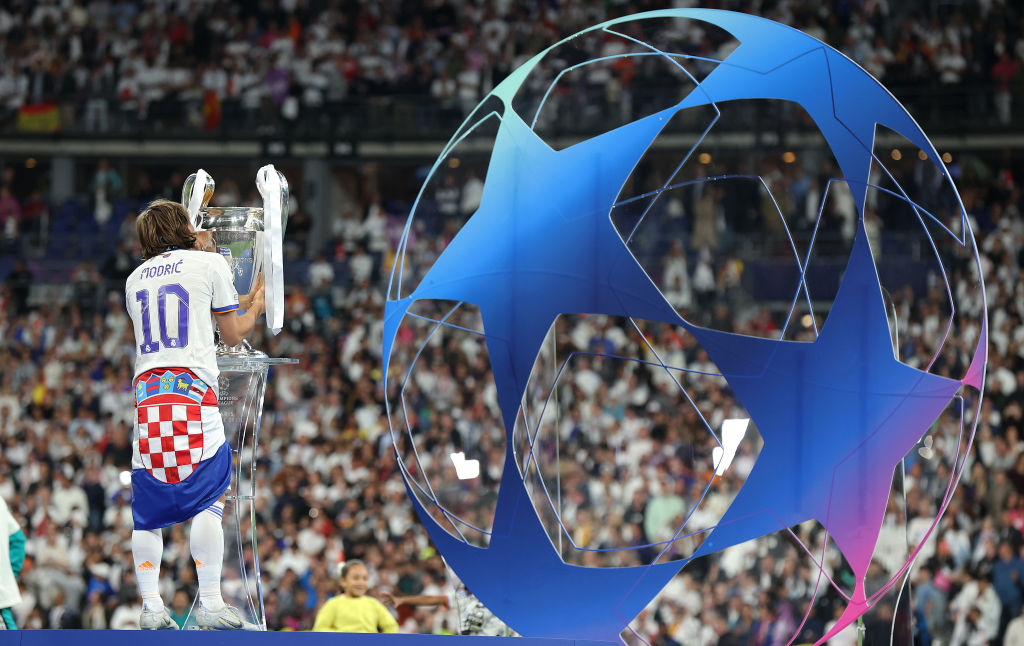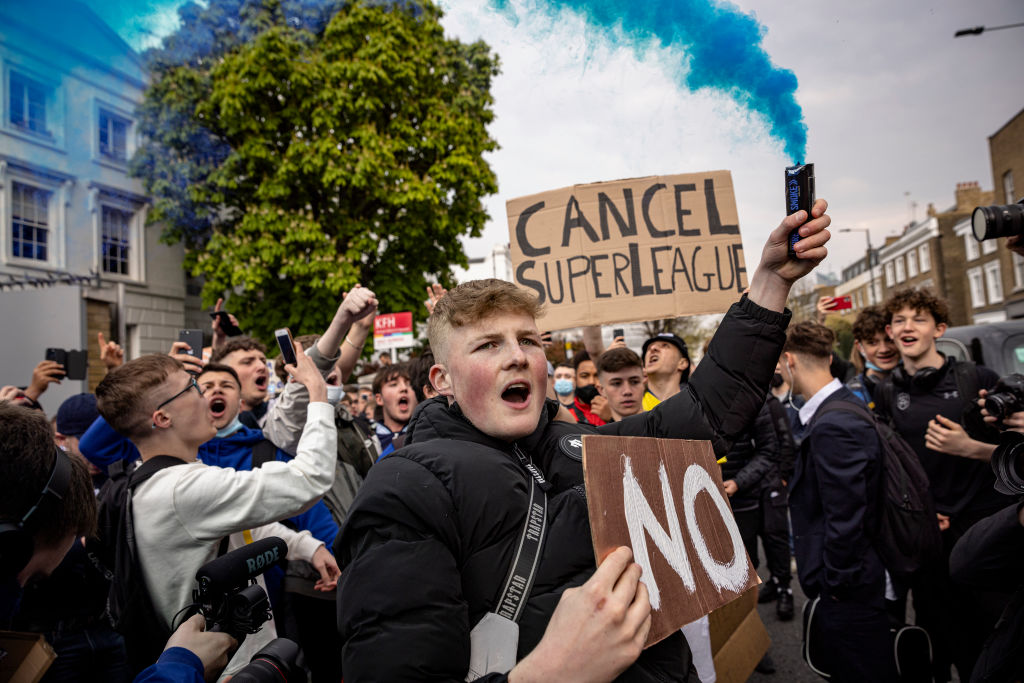European Super League: Fight for future of football to play out in European Court of Justice

Luxembourg may not be a football superpower but it is in the tiny state over the next two days where the future of the game, and potentially many other sports besides, will be decided.
Fifteen months on from its launch and swift collapse, the European Super League is to be the subject of a hearing at the European Court of Justice which could breathe new life into the controversial proposal – or kill off the plans for the foreseeable future.
So wide-reaching are the implications that experts believe this case to be far bigger than the ECJ’s best-known intervention in football, the Bosman ruling of 1995 which upended the game’s transfer system.
“The ramifications of the ECJ judgement for the future shape of football… cannot be underestimated,” said leading sports lawyer Darren Bailey, a consultant at Charles Russell Speechlys.
This week’s ECJ hearing is a result of a challenge from the three clubs still pushing for a European Super League – Real Madrid, Barcelona and Juventus – against governing bodies Uefa and Fifa and was initially raised in the Spanish courts last year.
In simple terms, they argue that European chiefs Uefa and global counterpart Fifa have abused their dominant position by preventing other entities from forming rival competitions and sanctioning those who do so or take part in them.
Should the ECJ rule in favour of the governing bodies later this year, it would uphold the current European model of sport based on open competition.
If it backs the European Super League rebels, however, it could fragment football, leading to “rival tournaments being established by leading clubs supported by private equity partners, partially closed leagues being introduced and a radical new global calendar,” said Bailey.
It could also make the biggest clubs even more powerful and attractive to investors, polarising the game further, and “turbo charge the Americanisation of the European model of sport”. Golf and swimming, facing their own breakaway threats, will be among those watching closely.
The case hinges on whether the ECJ continues to see football as exempt from a strict application of competition law.
“This is a big call for the ECJ with the world watching on and the implications of their decision on the globe’s biggest sport going well beyond the ‘free agency’ Jean Marc Bosman case in the 1990s,” said Bailey.
The European Super League rebels may take heart from a recent case covering similar ground in ice skating, in which skaters successfully appealed bans from competing in breakaway events imposed by the governing body.
On the other hand, the ECJ must consider not just the clubs’ and bodies’ rights but also the effect the verdict will have on football’s complex ecosystem and, beyond that, those of other sports. It may therefore opt to judge on a case-by-case basis.

Uefa is believed to be confident that the three clubs’ argument will fall down on legal grounds, having made a number of significant concessions since the European Super League that have weakened the rebels’ case.
First, it dropped bans and fines issued to Real Madrid, Barcelona, Juventus and the nine other clubs – including Manchester United and Manchester City, Liverpool, Chelsea, Tottenham and Arsenal – who signed up for the project but quickly performed a U-turn.
“That was a banana skin that Uefa very quickly made sure it didn’t step on,” said an insider.
Uefa has also revised its rules to ensure there is now clarity about needing authorisation to set up new competitions and, addressing the argument that it should not be both organiser and regulator, has given clubs an equal say in how the commercial rights to the Champions League are sold via a new joint venture.
Legal arguments aside, the clubs face significant political opposition. EU Commission vice-president Margaritis Schinas has spoken up in favour of maintaining current structures, while more than a dozen EU countries are thought to have made written submissions to the ECJ opposing the rebels. None have come out in favour of them.
Even if the European Super League clubs were to win in court, the project has been so firmly opposed by every stratum of football – from players and managers to clubs and supporters, sponsors and broadcasters – that it is unclear whether it could be revived now.
And in the remote event that it were, it remains to be seen who, if not Uefa or Fifa, would regulate a competition whose principal advocates are Real Madrid’s septuagenarian president Florentino Perez and Juventus chief executive Andrea Agnelli, dubbed a “snake” by Uefa kingpin Aleksander Ceferin in the aftermath of the failed breakaway.
It is why one senior figure close to Uefa characterised the legal challenge as all but futile. “Why are you burning down Rome?” they asked rhetorically. “What’s wrong with reforming the current system rather than creating an entirely new parallel system?
“What are you trying to create that we all need to have. Even if it were an open competition, we’ve already got one.”
